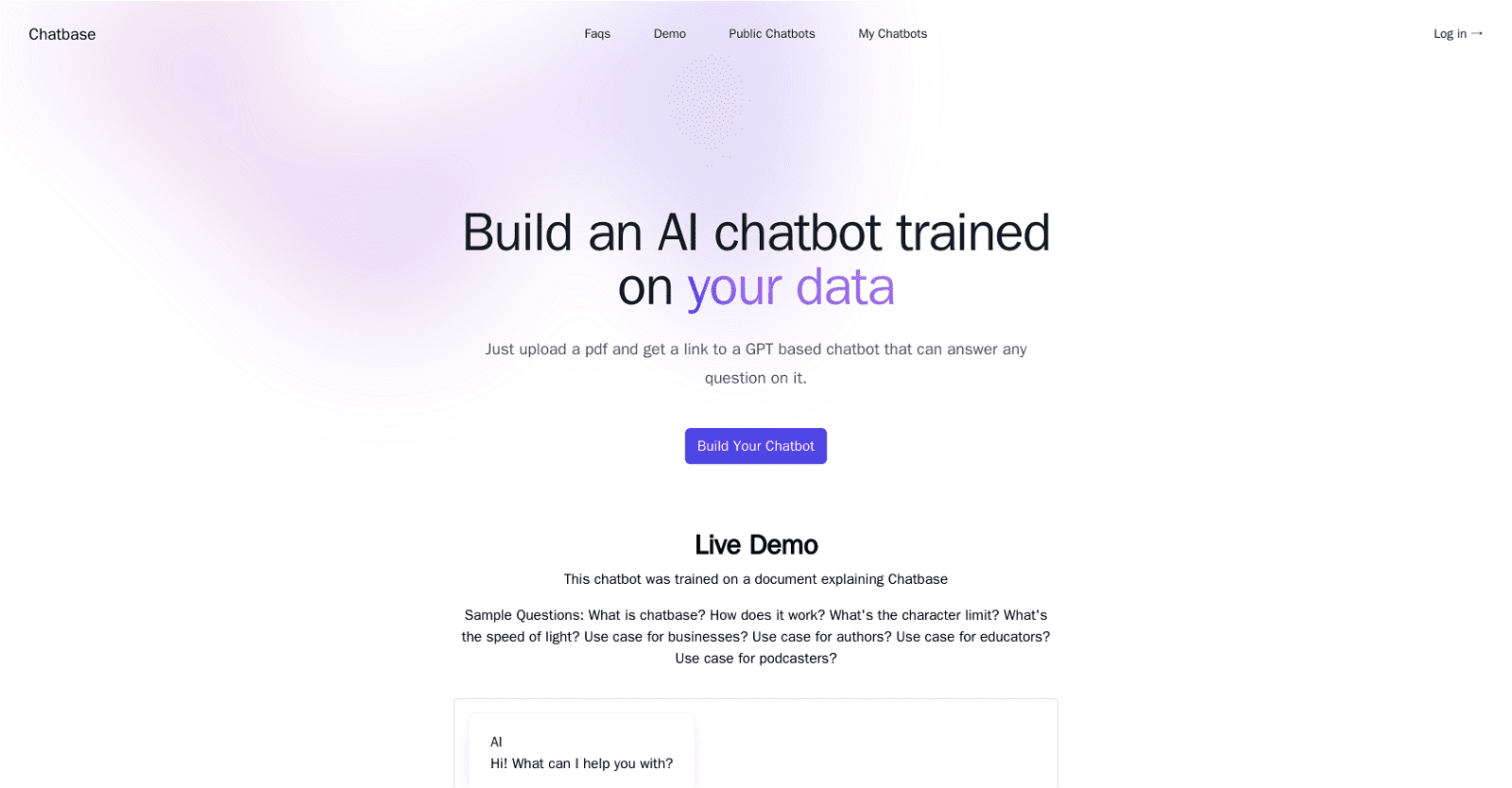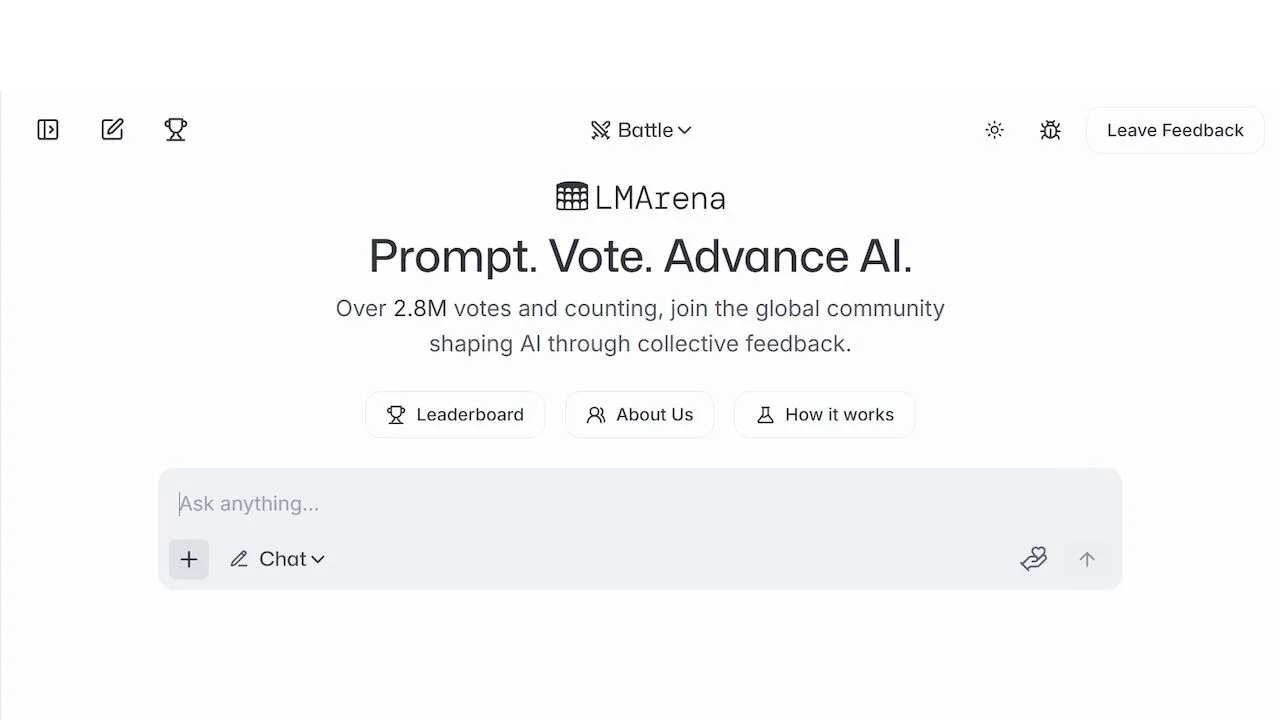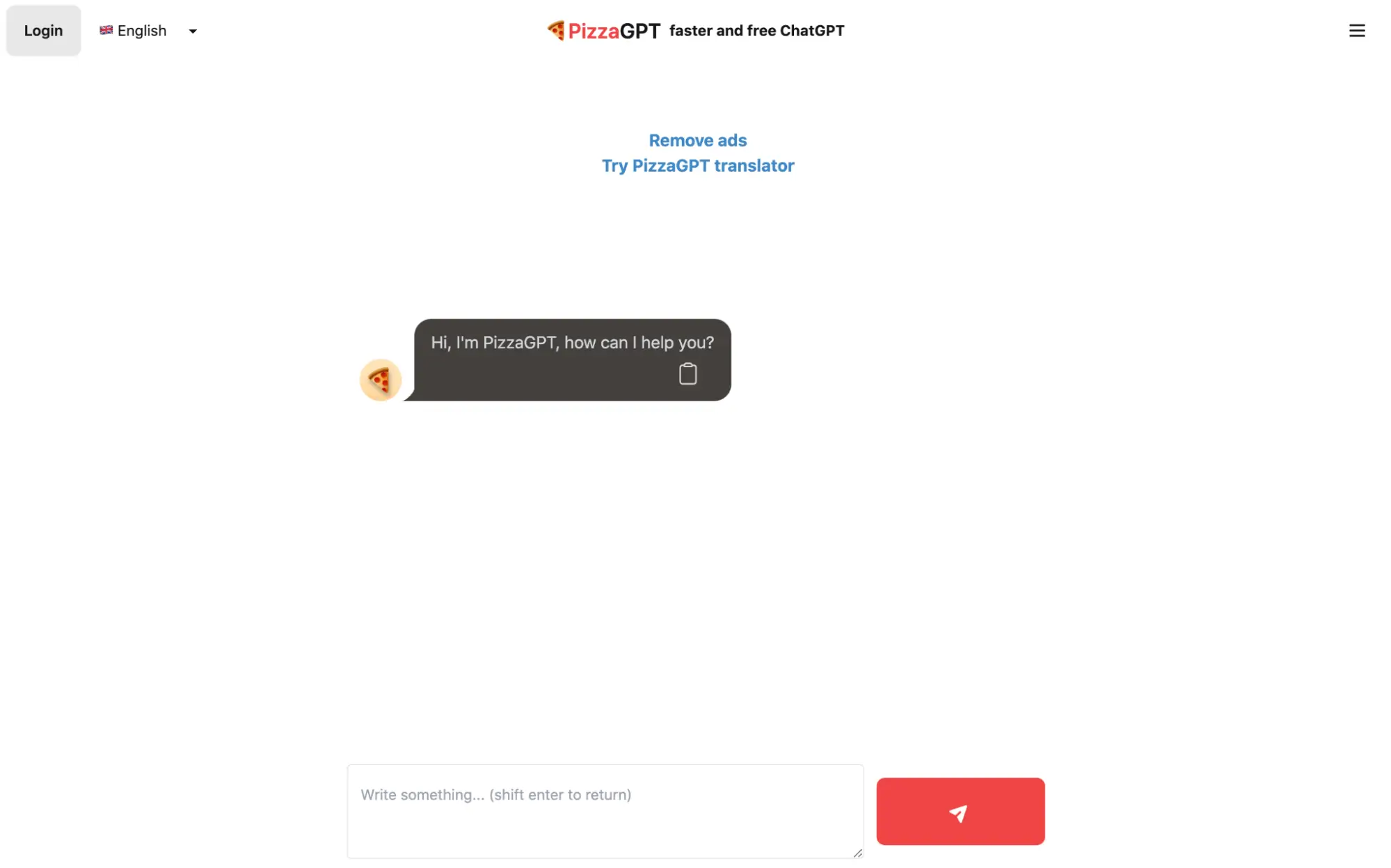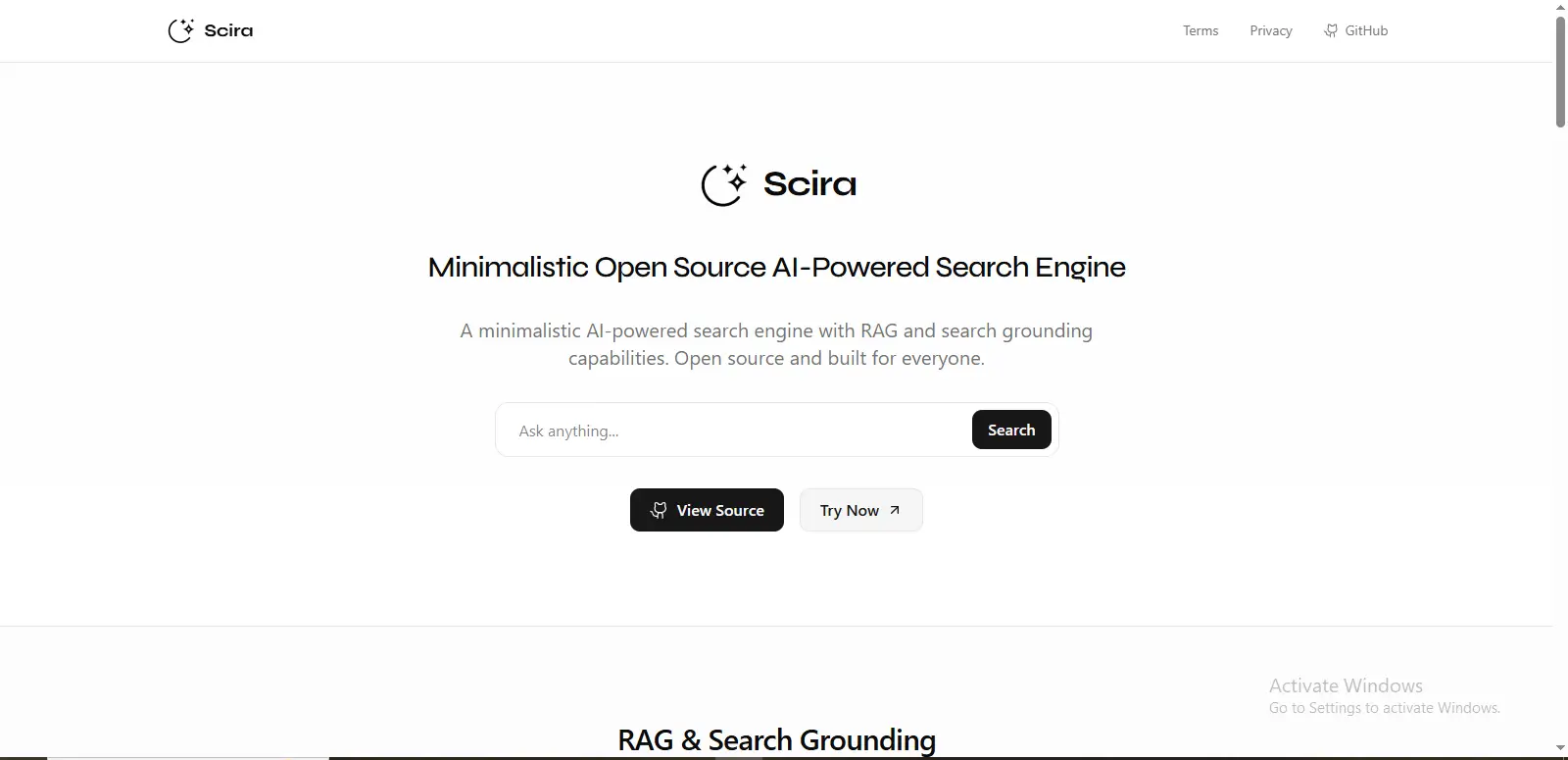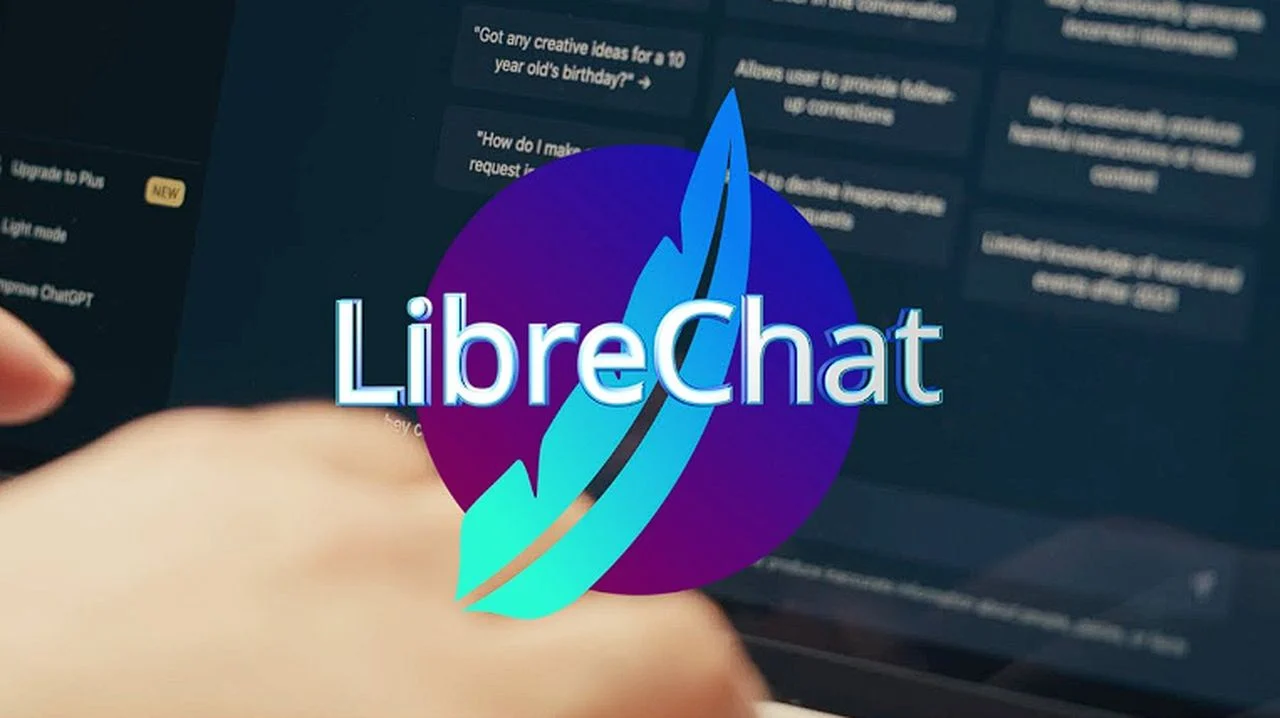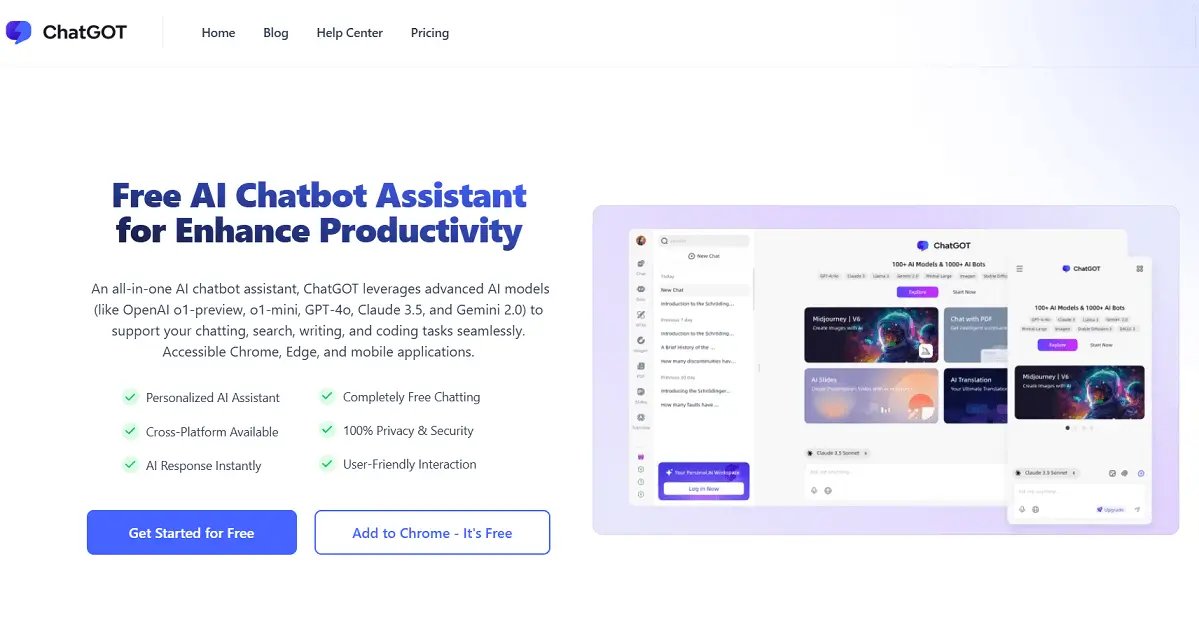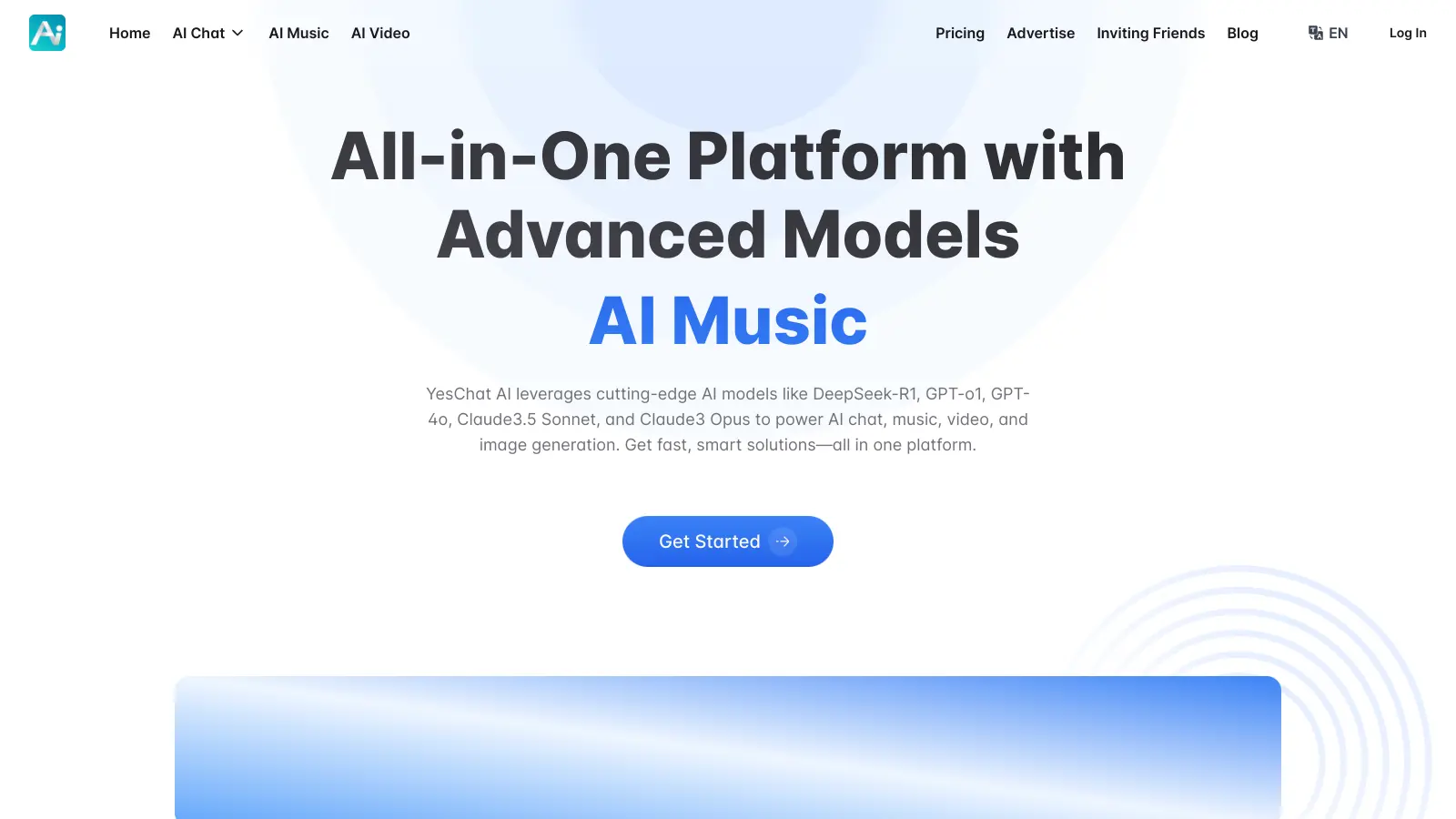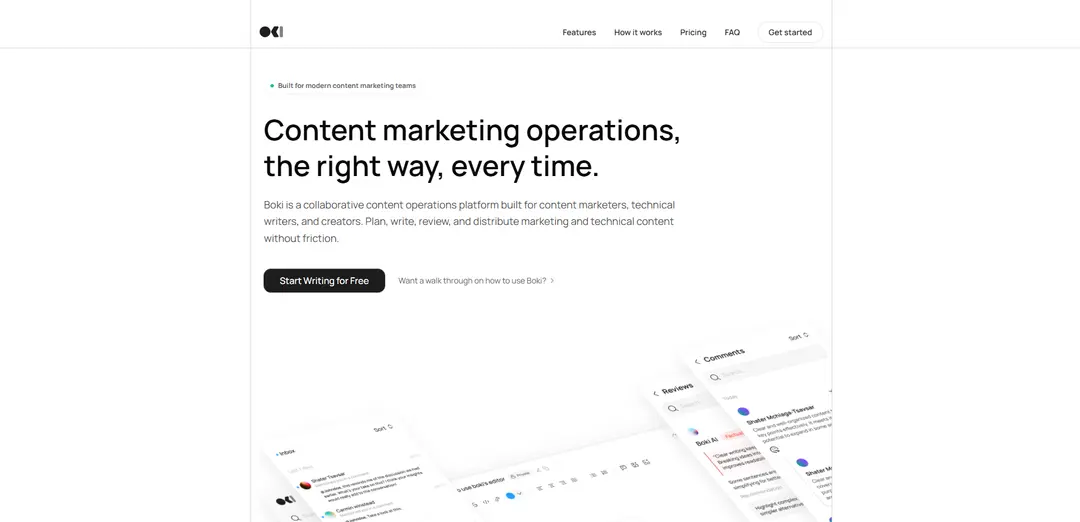Chatbase is an AI chatbot building platform that enables users to quickly create a chatbot trained on their own data. It works by having users upload a PDF document containing the information they would like their chatbot to be trained on. The chatbot is then created and can be accessed through a unique link. The current character limit is 1.2M characters, which is equivalent to a 600-700 page book. The platform also supports GPT based chatbots that can understand any data given to them and answer questions related to it. In addition, users are able to submit a link to their website and the chatbot will scrape the text on it. For more advanced integrations, users can contact the developer on Twitter.
More details about Chatbase
Can I use Chatbase to train the chatbot on a specific subject?
Yes, you can use Chatbase to train the chatbot on a specific subject. The chatbot is trained based on the information provided in a PDF document you upload, which can be about any particular subject you choose.
Is Chatbase the same as ChatGPT?
While both Chatbase and ChatGPT are bases for building chatbots, they are not the same. Chatbase allows you to create chatbots trained on your own unique data.
What type of businesses could benefit from using Chatbase?
There are a wide spectrum of businesses that could benefit from using Chatbase. Essentially, any business that needs a chatbot to answer frequently asked questions, provide information, or handle customer service could find value in using the platform.
Is it possible to upload more than one PDF for a single chatbot on Chatbase?
There’s no explicit mention of whether multiple PDFs can be uploaded for a single chatbot. However, considering the character limit of 1.2M characters, multiple smaller PDFs fitting in this limit should be feasible.
Which data sources can be used for building the chatbot in Chatbase?
Currently, the only data source that can be used for building the chatbot in Chatbase is a PDF document. In the future, the website plans to integrate other sources like website scraping, and platforms such as Notion, Slack, and Substack.
